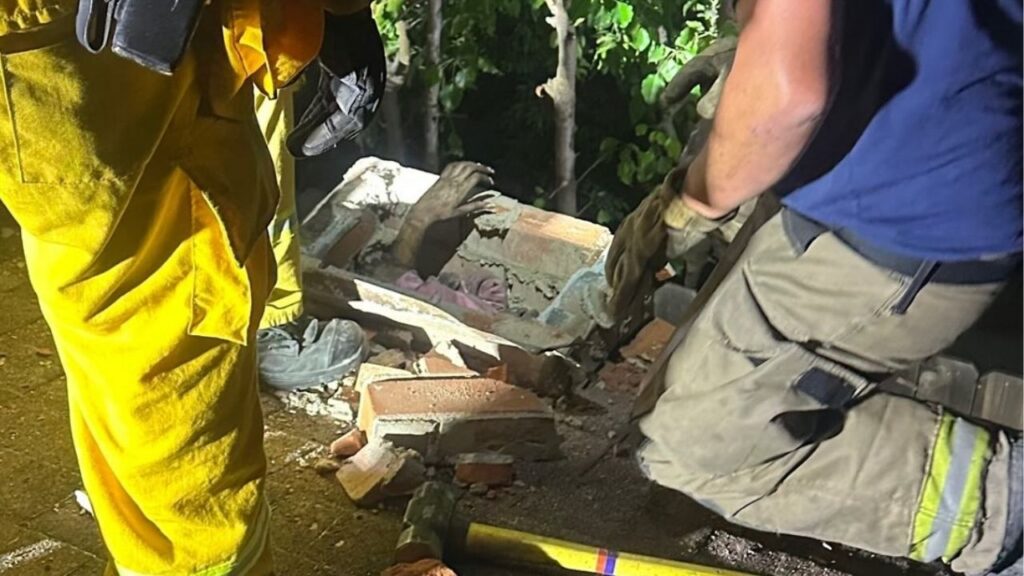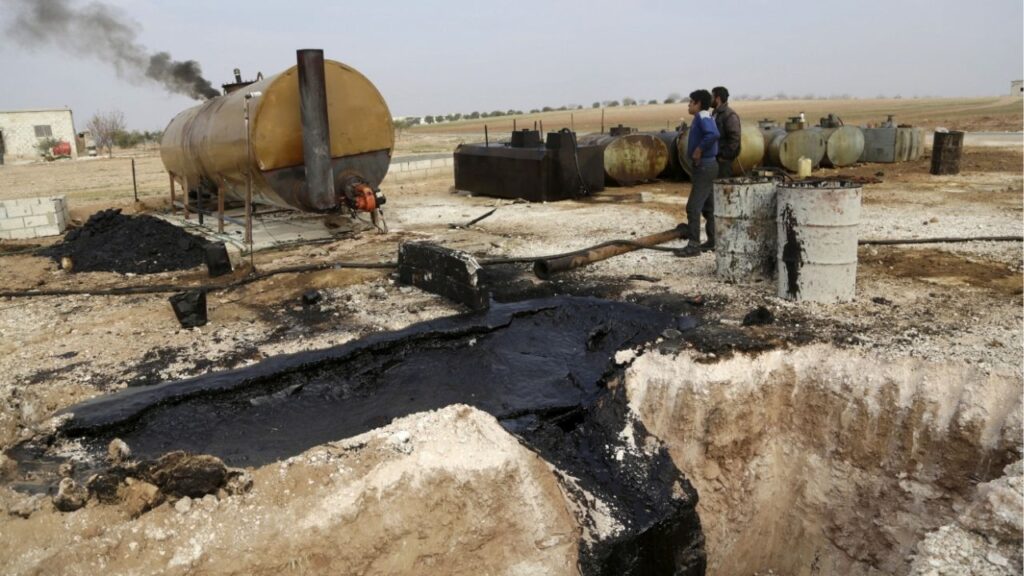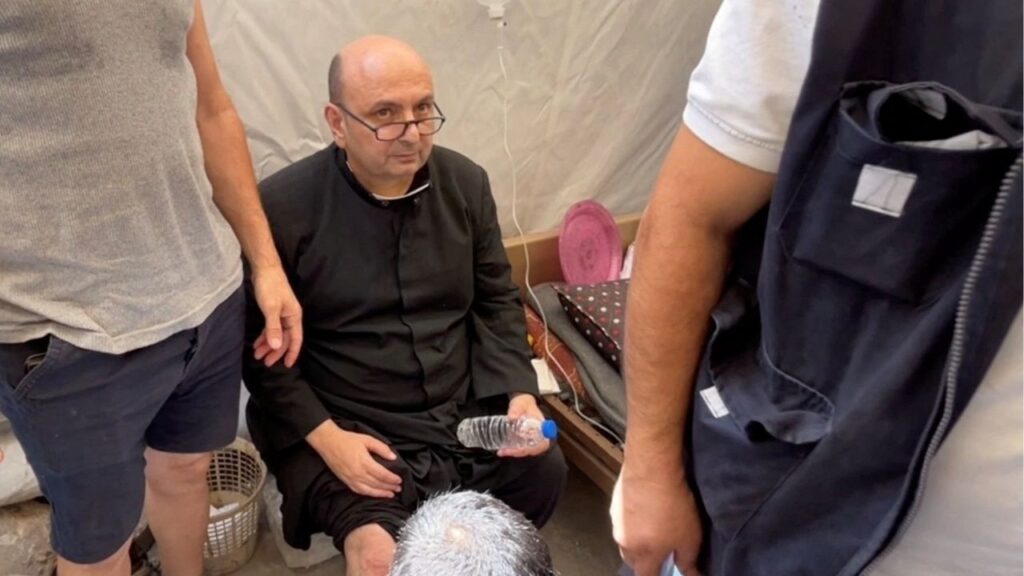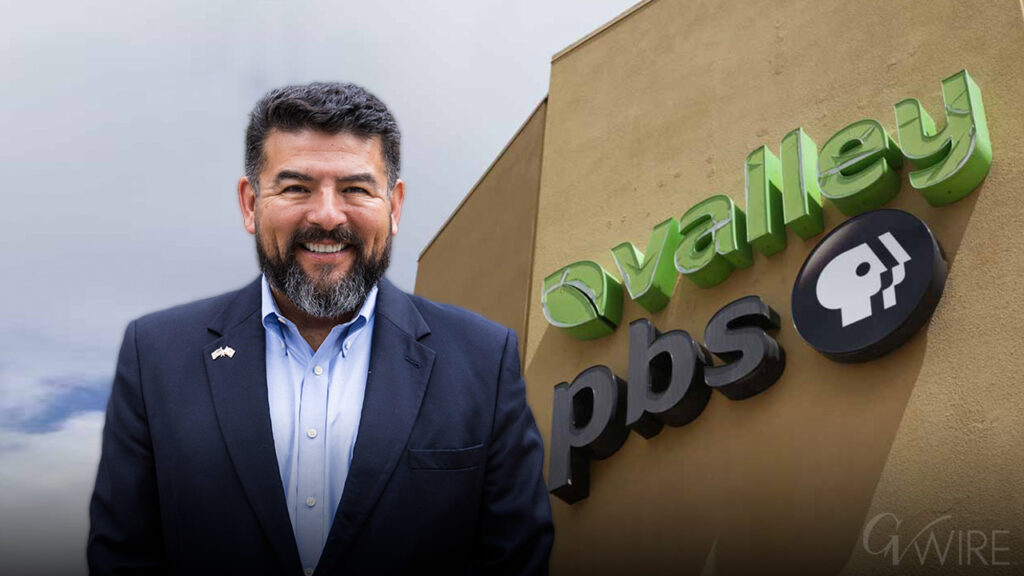Share
Valley researchers are about to play an even bigger role in helping farmers in California and the rest of the nation tackle the challenges brought by drought and the need to reduce groundwater pumping.

“We are excited to see impacts this research investment will generate for our nation to move us towards solutions that benefit all Americans.” — Dr. Carrie Castille, director, USDA’s National Institute of Food and Agriculture
UC Merced and UC Davis, which are already deep into research on the effects of climate change, each landed $10 million grants from the U.S. Department of Agriculture to come up with new ideas to keep water flowing to farms and the environment in the southwest United States.
Those grants were among a total of $146 million in funding awarded to 10 universities.
“Critical issues like food insecurity, drought resilience and response, animal disease prevention, and market disruption require investments to help meet these challenges,” said USDA Secretary Tom Vilsack.
Dr. Carrie Castille is the director of the USDA’s National Institute of Food and Agriculture. She says that it takes projects like these to produce long-term improvements in agricultural practices benefiting consumers, farmers, and the environment.
“We are excited to see impacts this research investment will generate for our nation to move us towards solutions that benefit all Americans,” Castille said.
UC Merced Will Focus On Water Management in Farming
For UC Merced, this grant is one of their largest awarded in its 16-year history. The effort will focus on water banking, trading, and improvements in data-driven management practices. The goal: develop a climate-resilient strategy for water-stressed regions.

Leading the project is Joshua Viers. He is a UC Merced professor, the associate dean for research in the school of engineering, and the campus director of the Center for Information Technology Research in the Interest of Society and the Banatao Institute.
Their grant project, which is titled SWIM, will cover Utah’s Cache Valley, New Mexico’s Mesilla Valley, and the San Joaquin Valley.
“The United States has some of the most productive agricultural space and perhaps some of the most stressed water supply, both in terms of surface water reliability and impacts from groundwater overdraft,” said Viers. “So that’s, you know, the primary reason our project is focused on that area and also because you see much of that is located in the Valley, and we want to be doing research that’s important for the region.”
The SWIM team will work on developing data-driven information systems that would help land and water managers make informed decisions after analyzing drought forecast and climate change trends.
UC Davis Examines Groundwater Overuse
Isaya Kisekka, who is an associate professor of agrohydrology and irrigation at UC Davis, applied for the grant and will now lead a team of more than two dozen scientists.
A blend of experts in plant and soil science, hydrology, engineering, the economy, and education from UC Davis and Arizona and New Mexico institutions will work together. Their charge: develop a management strategy to help ensure the sustainability of groundwater and irrigated agriculture.
The project will study aquifer systems in California’s Central Valley, central Arizona, and the lower Rio Grande basin in New Mexico.
Kisekka says the project team in California will work with groundwater sustainability agencies and growers to develop tools and data to help improve crop production and achieve the goals of the state’s Sustainable Groundwater Management Act.
“In the past, in California, before SGMA, whenever there would be a drought, growers had the option of pumping more groundwater,” said Kisekka. “But with SGMA, they cannot do that because the groundwater sustainability agencies have to achieve the SGMA sustainability goals.”
How Will The Projects Help The Valley?
Kisekka says a water shortage is the biggest threat to farming. However, their research could help minimize the risk of climate extremes facing Valley growers.
Fresno County Farm Bureau CEO Ryan Jacobsen says water management is vital to agriculture.
“As a farm bureau and agricultural organization, we want to educate and we’re always happy to collaborate,” said Jacobsen. “As we know, agriculture is undergoing tumultuous times with water here in the Central Valley, and we appreciate the help we get with our partners to find solutions.”
Projects Offer Educational Opportunities
Apart from the benefits these projects provide to growers, consumers, and the environment, the research also will involve education.
“We’re going to be developing simple educational materials that sensitize the children and the general public on the importance of water in agriculture,” said Kisekka.
The educational aspect of these projects will help educate the youngest students in the community, starting from grade levels K-12 up to the graduate level.
One of the project participants is the Calteach program at UC Merced. The program certifies soon-to be-teachers who will help develop educational materials for AgSTEM education pathways.
According to Viers, educators and graduate students alike will design lessons for rural and regional middle schools in underrepresented communities.
“The curriculum that we developed for Calteach will be made available to teachers throughout the Valley as well as to other participating locations,” said Viers.
[activecampaign form=15]RELATED TOPICS:
Fresno Man Arrested for Home Invasion, Groping Sleeping Woman
7 hours ago
Who is the Future US Attorney for Fresno? Two Big Names Say They’re Not Interested
8 hours ago
Fresno Firefighters Rescue Girl Trapped in Chimney
8 hours ago
US Firms to Develop Syria Energy Masterplan After Trump Lifts Sanctions
10 hours ago
Fresno Police Arrest Man Accused of Chasing, Shooting Victim
11 hours ago
What You Need to Know About Trump, Epstein and the MAGA Controversy
11 hours ago
Astronomer CEO, HR Chief on Leave After Coldplay ‘Kiss Cam’ Sparks Scandal
6 hours ago
Categories

Astronomer CEO, HR Chief on Leave After Coldplay ‘Kiss Cam’ Sparks Scandal

Sanger Man Arrested in Child Exploitation Investigation

Trump Sues Wall Street Journal Over Epstein Report, Seeks $10 Billion

Fresno Man Arrested for Home Invasion, Groping Sleeping Woman

Who is the Future US Attorney for Fresno? Two Big Names Say They’re Not Interested

Fresno Firefighters Rescue Girl Trapped in Chimney












